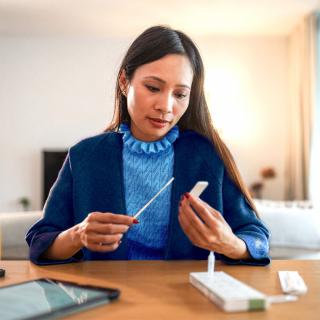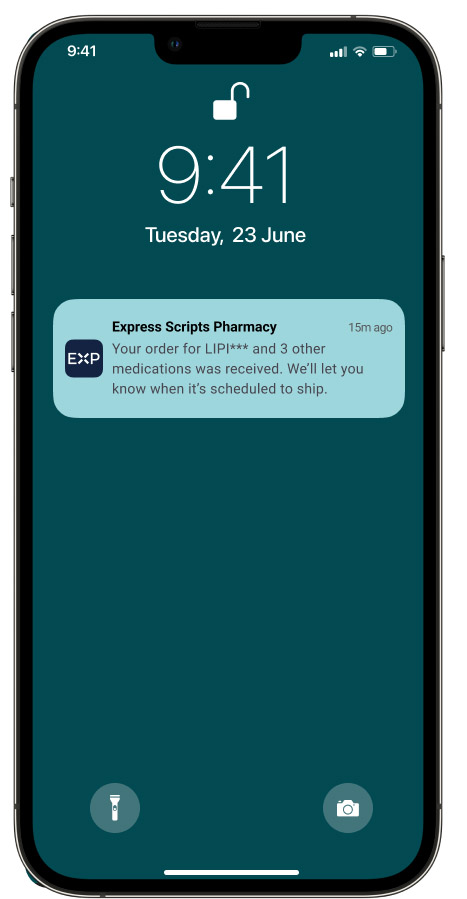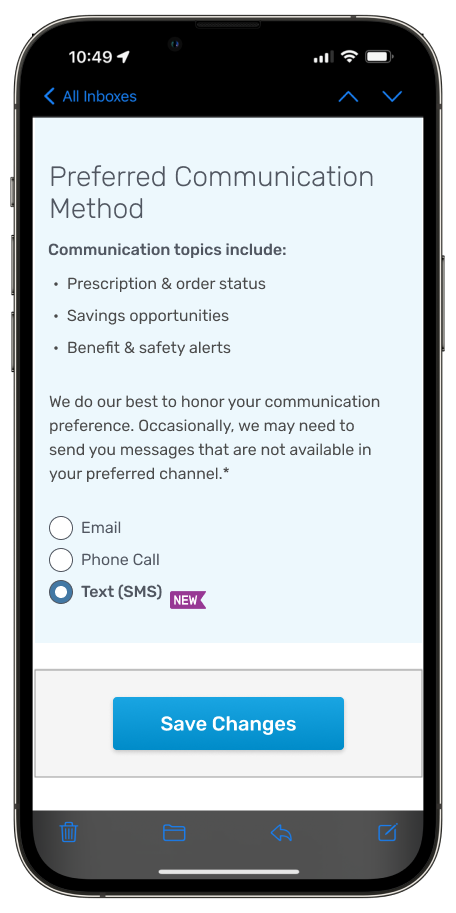The end of the COVID-19 public health emergency: What this means for you

As the COVID-19 pandemic moves into a new phase and is better under control, the Biden administration announced that the public health emergency (PHE) will end May 11, 2023. This PHE gave Americans access to COVID-19 testing, treatments, vaccines, and more at no cost.
While some of these benefits may continue, at least for a period of time, there will be some significant changes depending on the type of insurance you have. Here’s what the end of the PHE could mean for you.
What does this mean for COVID-19 testing?
- If you have private insurance, you will still be eligible for free COVID-19 lab testing (PCR tests), as well as 8 free at-home tests (rapid antigen tests) per month for each person on your plan through May 11, 2023.
- Check your health plan benefits. After May 11, they may still cover COVID-19 test kits at no cost or at a reduced cost. If you have a healthcare spending account (HRA, HSA, FSA), you can use it to help offset any out-of-pocket costs for at-home tests as well.
- If you have Medicare Part B, COVID-19 lab tests will still be covered when ordered by a provider, but access to free at-home tests will end on September 30, 2024.
- If you have a Medicare Advantage plan, you may still continue to receive free at-home tests depending on your plan, but may have to pay for lab tests.
- State Medicaid programs will cover COVID-19 testing at no cost until September 30, 2024. After that, coverage may vary by state.
|
If your plan includes Express Scripts® Pharmacy, you may be eligible to receive these tests directly in the mail with free shipping and no upfront cost. To check eligibility, log in or create an account. You’ll see a quick link on the right that says “Order At-home COVID-19 tests” if it’s available to you. |
What does this mean for COVID-19 vaccines and boosters?
- If you have private insurance or Medicare Part B, you will continue to pay nothing out of pocket for COVID-19 vaccines as long as your provider is in network.
- Medicaid will continue to cover vaccines without a copay or cost sharing through September 30, 2024.
What does this mean for COVID-19 treatment?
Oral antivirals, like PaxlovidTM, were purchased in limited supply by the federal government and will remain free for everyone until this supply runs out. Once it does:
- Those with private insurance or Medicare will be charged for the medications based on their plan, similar to other prescription medications.
- Medicare Part D recipients will continue getting Paxlovid for free through December 20, 2024.
- Medicaid programs will continue to cover COVID-19 oral treatments without cost sharing through September 30, 2024. After that date, coverage and cost sharing will vary by state.
Get more information
If you have questions, you can find more information about the end of the PHE at the U.S. Department of Health and Human Services. You can also find out more about how the PHE affects you by checking with your health plan.
Posted date: April 21, 2023


